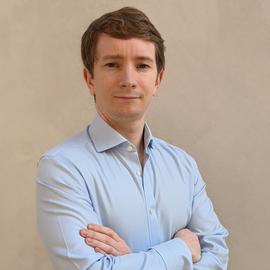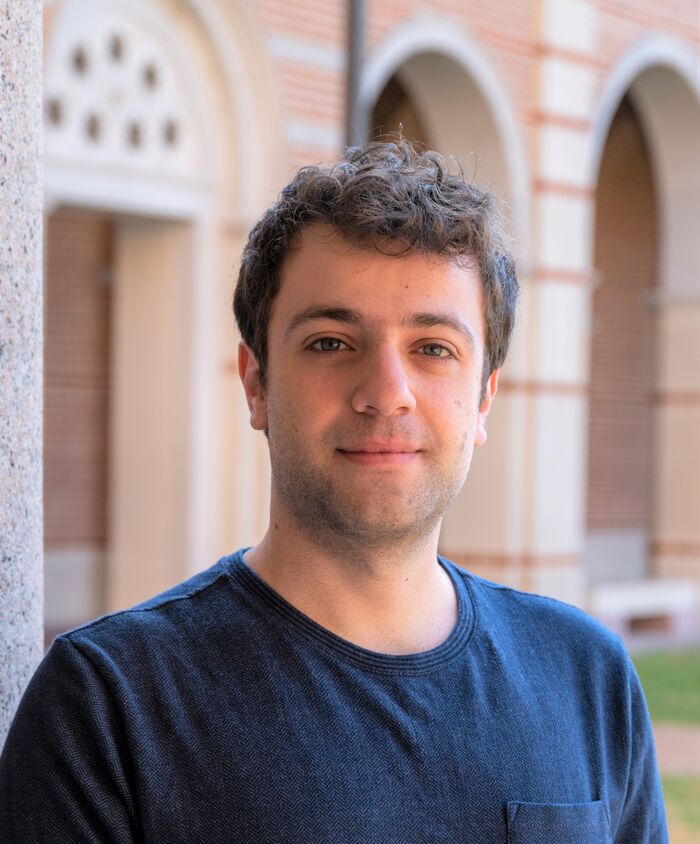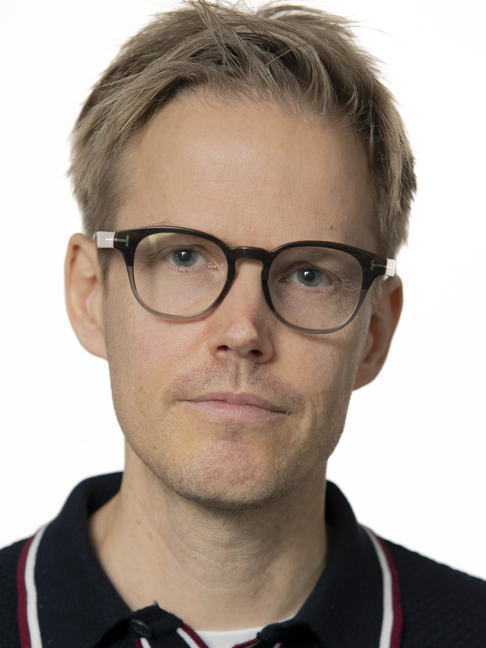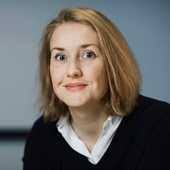Guest lectures and seminars - Page 11
We combine a pressure correction scheme with interior penalty discontinuous Galerkin (dG) discretisation to solve the time-dependent Navier–Stokes equations. We prove unconditional energy stability and a priori error estimates for the velocity. With duality arguments, optimal L2 error rates are obtained. Convergence of the discrete pressure is also established. Further, we propose a splitting scheme, integrating the pressure correction approach, for the Cahn–Hilliard–Navier–Stokes system The numerical analysis of dG combined with this scheme is discussed. Namely, we show well--posedness, stability, and error estimates. Numerical results with manufactured solutions display our theoretical findings, and a spinodal decomposition example portrays the robustness of our approach.
Traditional quantile estimators are not well-suited for data streams because the memory and computational time increase with the volume of data received from the stream. Incremental quantile estimators refer to a class of methods designed to maintain quantile estimates for data streams. These methods operate by making small updates to the estimate every time a new observation is received from the stream. In this presentation, I will introduce some of the incremental quantile estimators we have developed.
Your brain has its own waterscape: whether you are reading, thinking or sleeping, fluid flows through or around the brain tissue, clearing waste in the process. These biophysical processes are crucial for the well-being and function of the brain. In spite of their importance we understand them but little, and mathematical and computational modelling could play a crucial role in gaining new insight. In this talk, I will give an overview of mathematical, mechanical and numerical approaches to understand mechanisms underlying pulsatility, fluid flow and solute transport in the human brain. Topics include fluid-structure interactions, generalized poroelasticity, mixed finite element discretizations and preconditioning, uncertainty quantification, and optimal control.
C*-algebra seminar by Jordy Timo van Velthoven (University of Vienna)



